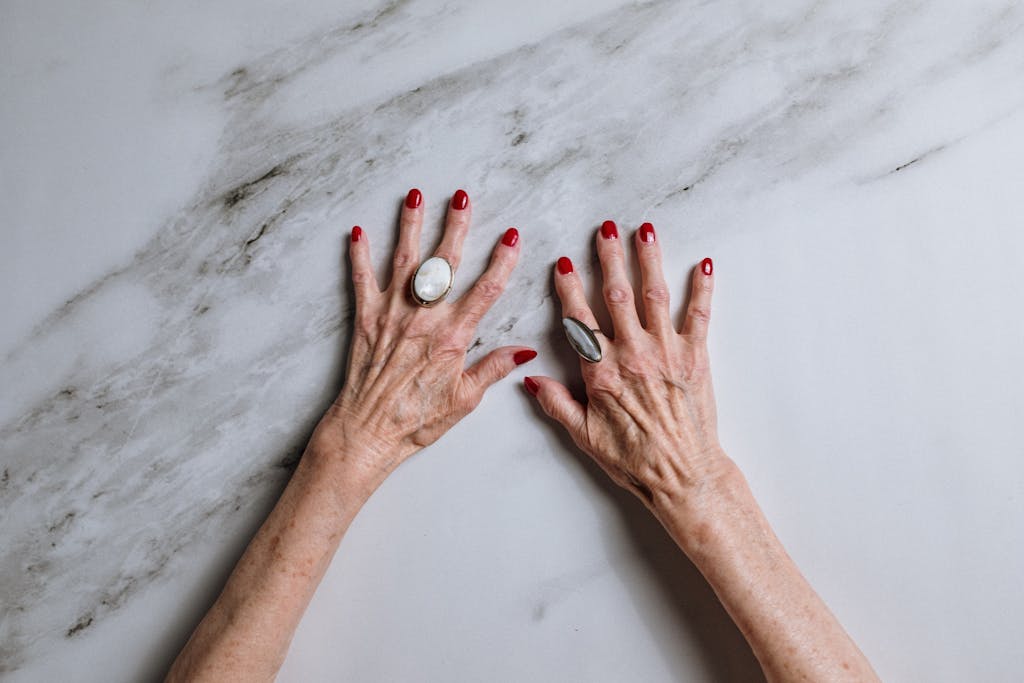Smoking is harmful to health, and its effects go beyond the lungs and heart. One of the most noticeable damages caused by smoking is on the skin. People who smoke often show signs of premature aging, dull skin, and other skin-related problems. The harmful chemicals in cigarettes speed up the aging process, making the skin look older than it actually is.
Wrinkles and Fine Lines
Smoking lowers the skin’s oxygen delivery capacity. This causes the skin to lose its natural elasticity and results in wrinkles, especially around the mouth and eyes. Since smoking also damages collagen and elastin two essential proteins for smooth skin, the skin becomes saggy and aged much faster.
Dull and Uneven Skin Tone
Healthy skin requires a good supply of oxygen and nutrients. Smoking reduces blood flow to the skin by narrowing blood vessels. This makes the skin appear pale, dull, and lifeless. Over time, smokers often develop an uneven skin tone with dark patches.
Slow Healing of Wounds
Smokers may notice that their wounds take longer to heal. Whether it’s a small cut or a surgical wound, smoking reduces the body’s ability to repair itself. This happens because smoking weakens the immune system and reduces blood circulation, both of which are necessary for quick healing.
Increased Risk of Skin Diseases
Smoking can make the skin more prone to infections and diseases. Studies have linked smoking to conditions like psoriasis, a chronic skin disease that causes red, scaly patches. Smokers are also at a higher risk of developing skin cancer due to the harmful chemicals present in cigarettes.
Dark Circles and Puffiness
Lack of oxygen and poor blood circulation due to smoking can cause dark circles under the eyes. Smokers often look tired because their skin does not receive enough nutrients. This also leads to puffiness and premature aging around the eyes.
Age Spots and Discoloration
Smoking might eventually result in age spots and discolouration on the skin. These appear as dark patches, especially on the face and hands. Since smoking weakens the skin, it is more vulnerable to sun damage, which worsens pigmentation problems.
Smoking does more than harm the lungs—it speeds up the skin’s aging process and leads to various skin problems. The good news is that quitting smoking can help improve skin health. When a person stops smoking, blood circulation improves, oxygen levels increase, and the skin begins to heal. Making the decision to quit not only benefits overall health but also helps maintain youthful and glowing skin.

